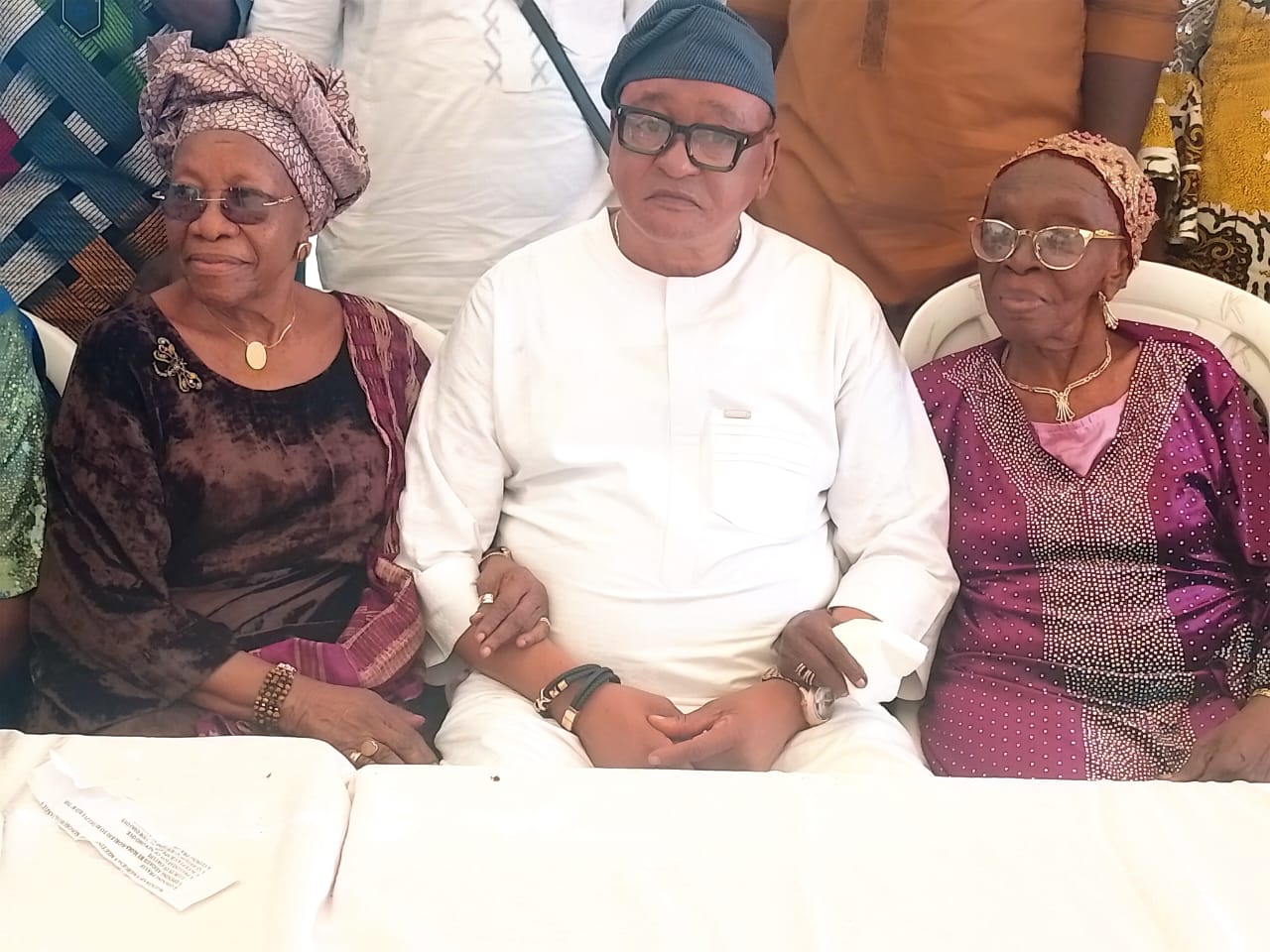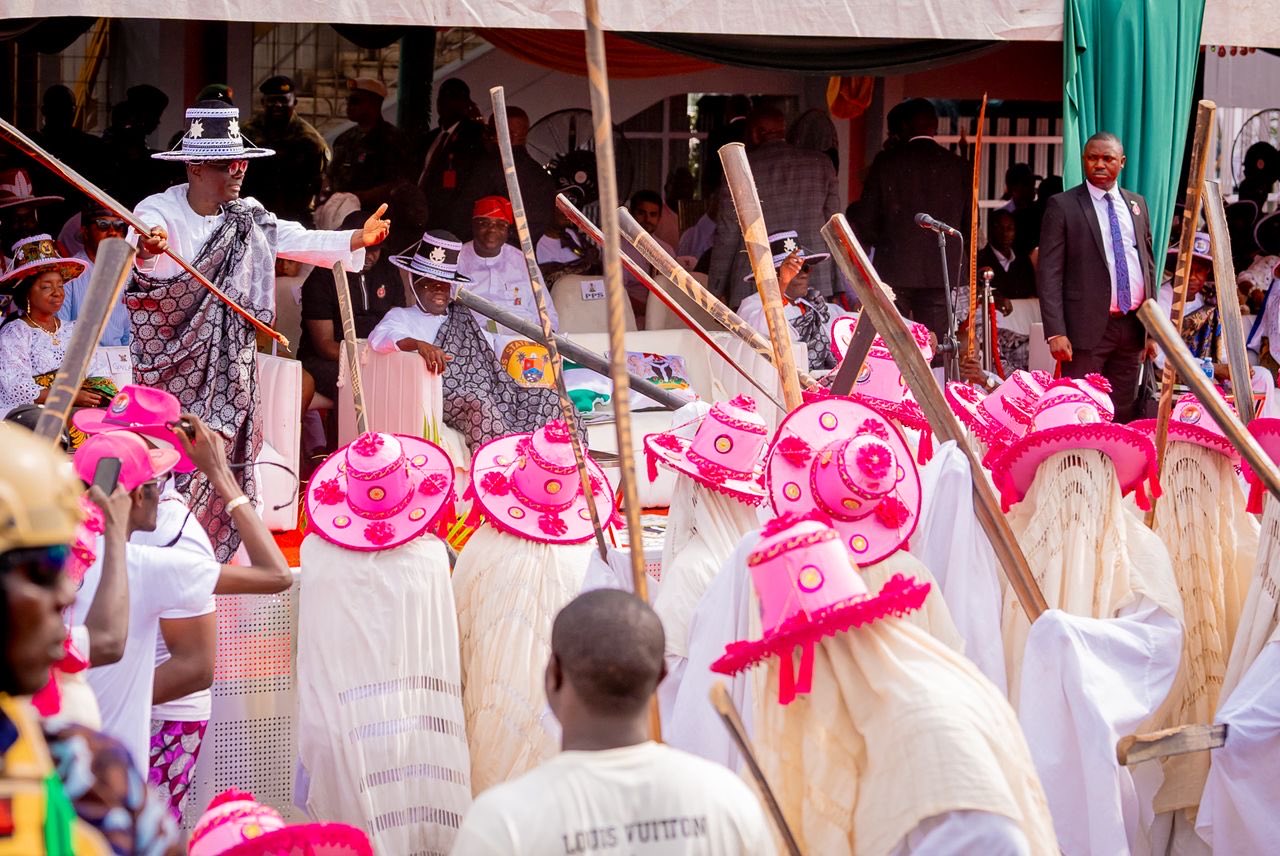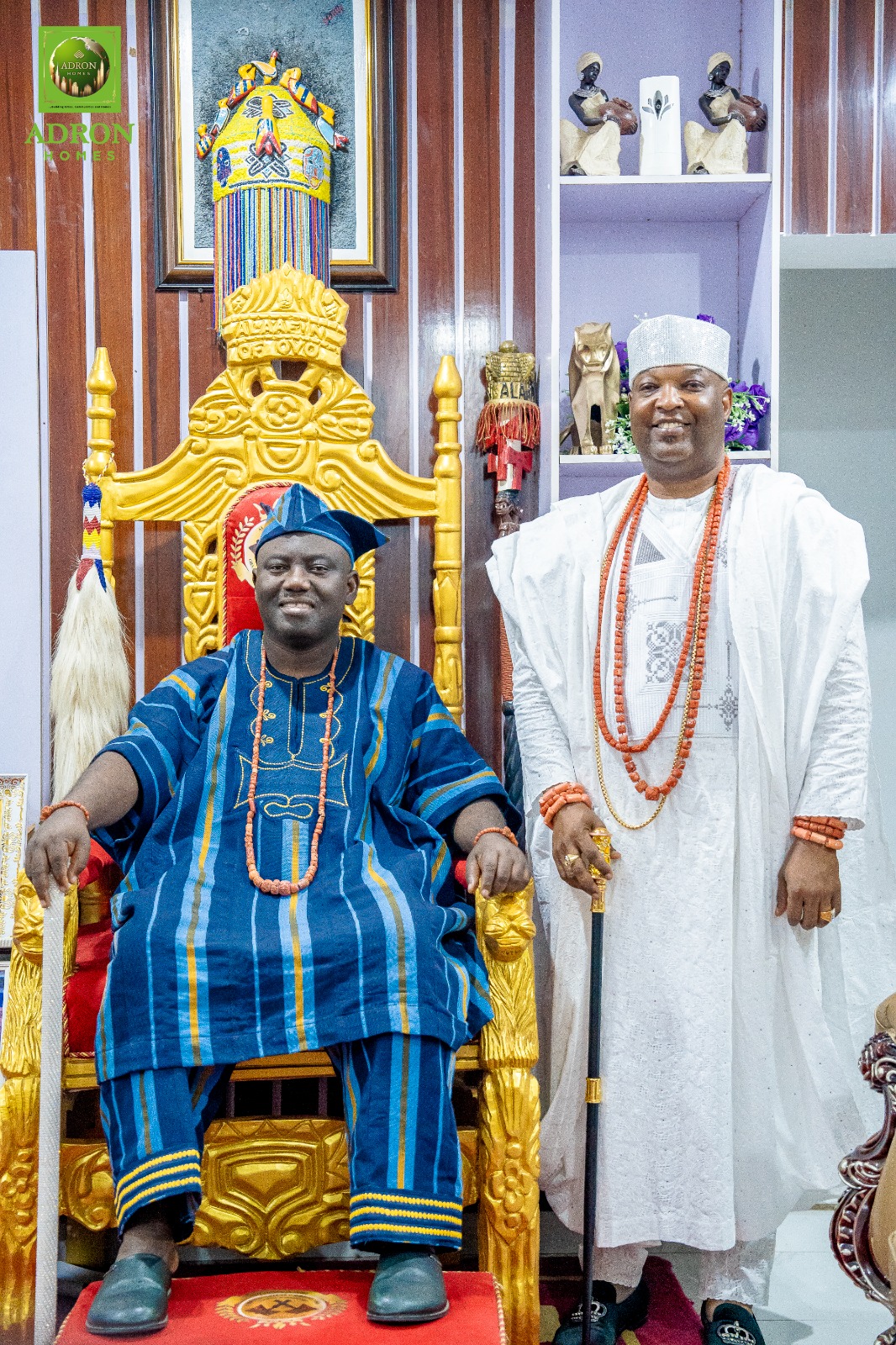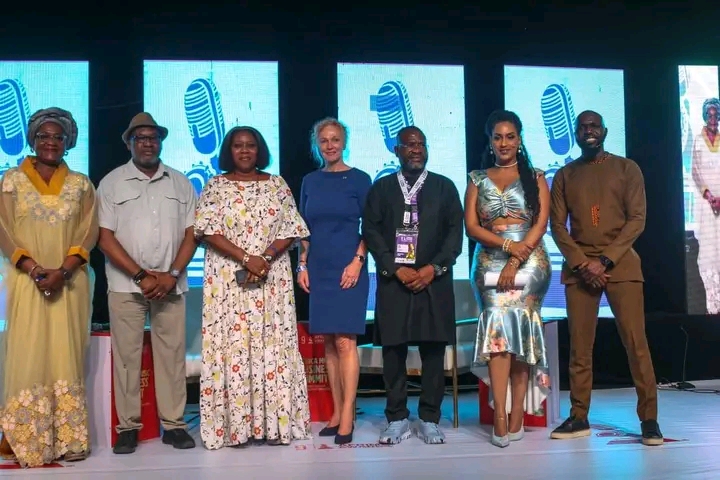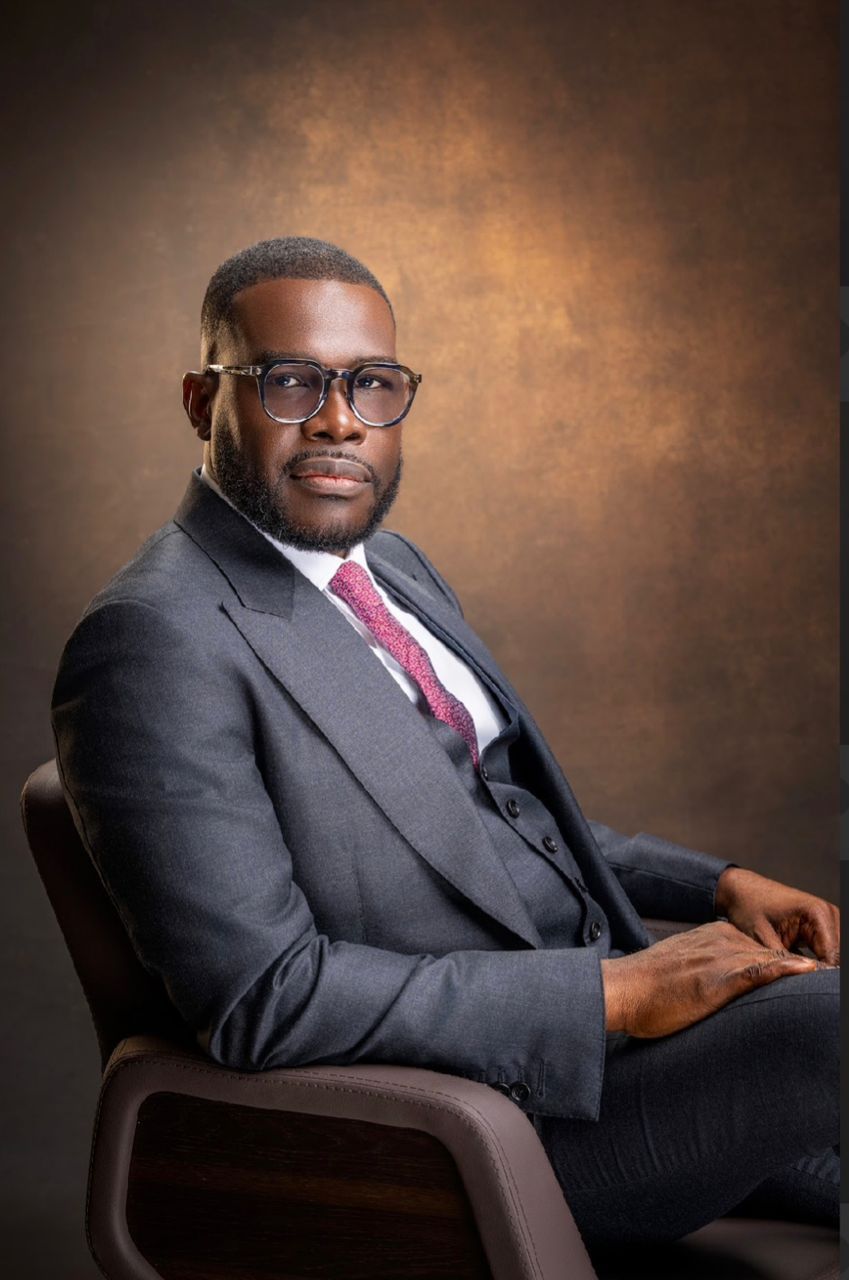Protecting Our Children, Protecting Our Tourism Future

When the Senior Special Assistant to the Executive Governor of Akwa Ibom State on Tourism (Hotels), Hon. Ima-obong Zoe, stood before a hall full of schoolchildren, parents, and teachers during a one-day Child Sexual Abuse Advocacy Campaign, which took place at the Akwa State Council for Art and Culture, by the Passionate Young leaders initiative, her message was clear and compelling: “A destination that cannot protect its children cannot protect its image”.
The statement struck a deep chord. In an era when tourism is more than buildings and beaches—when it is also about the values we project to the world—the call to protect our children is as urgent as the need to promote our destinations.
Child sexual abuse, beyond its devastating personal impact, carries a heavy social and economic cost. Every report of abuse chips away at public trust and paints a stain on our collective image as a peaceful, family-friendly state. This, according to the SSA, is why child protection must become a cornerstone of tourism development in Akwa Ibom State.
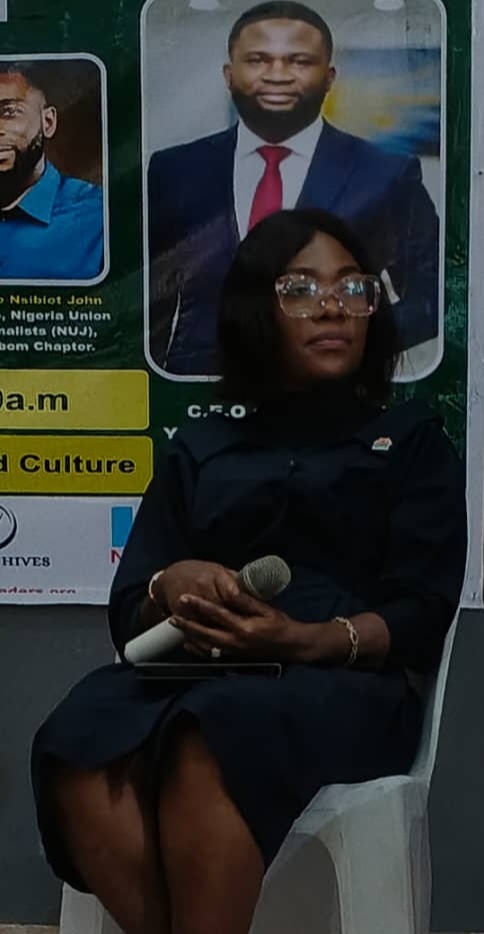
She noted that under the Arise Agenda of Pastor Umo Eno (PhD) ,the government envisions a tourism industry rooted in moral values, safety, and hospitality. “When our children are free to speak up, when they feel safe and protected, they become proud ambassadors of our land,” she said.
Her words echo the truth that every society must remember: the image of a destination begins with its people. Tourists don’t just come to see places; they come to feel the spirit of the community. A community that hides its pain, that silences its children, cannot be a beacon of hope or hospitality.
She emphasized that tourism flourishes where safety, dignity, and moral values are upheld, adding that such principles align with the Pastor Umo Eno’s (PhD) led administration, which prioritizes people’s welfare alongside infrastructural growth.
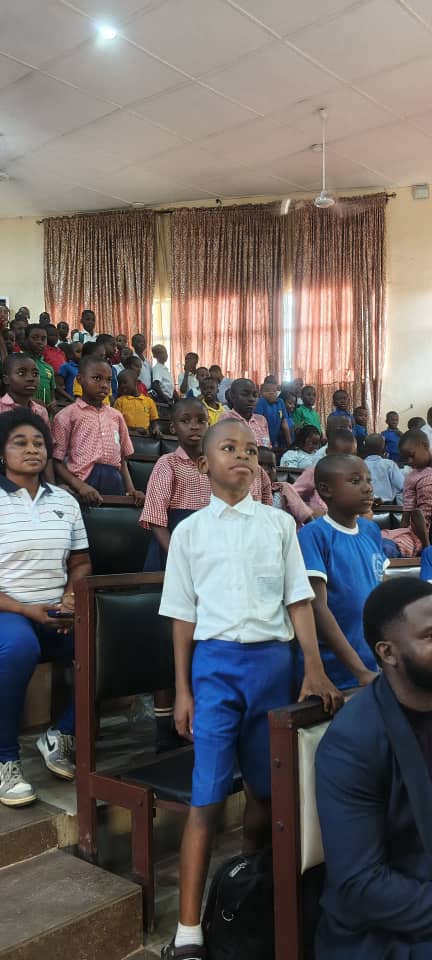
The campaign featured interactive sessions with other speakers from NAPTIP, Ministry of Justice, NGOs children, teachers, and parents, all aimed at breaking the culture of silence and reinforcing Akwa Ibom’s image as a model destination for family-friendly tourism in Nigeria. children were encouraged to speak up against any form of abuse. Parents and teachers pledged to be listeners and protectors. It was more than an event—it was a movement toward breaking cultural silence and building a safer tomorrow.
As the SSA concluded, “A safe child today means a thriving tourism destination tomorrow.” Indeed, if Akwa Ibom must rise as a global tourism hub, it must first rise as a home where every child feels safe, heard, and valued.



